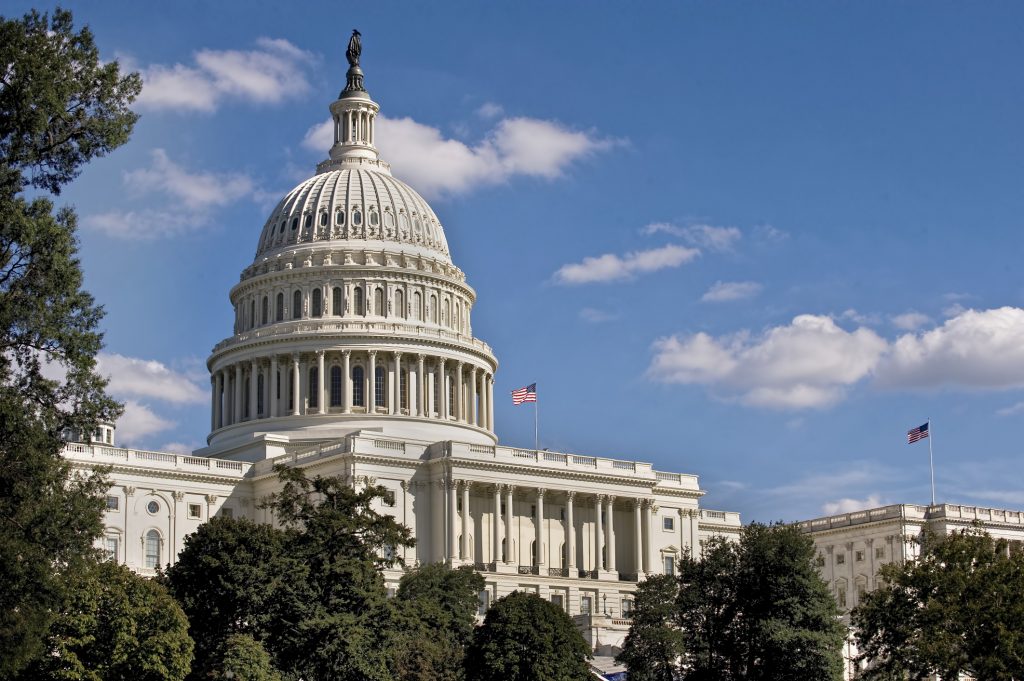House IP Subcommittee on ICANN Highlights the Importance of Protecting IP Rights Online
On Wednesday, May 7, the House Subcommittee on IP and the Internet held a hearing to examine a wide-array of perspectives on the Internet Corporation for Assigned Named and Numbers (ICANN). A key takeaway from the hearing is that many Members of Congress are looking at Registries, Registrars and ICANN’s ability and willingness to comply with existing obligations to prevent systematic illegal activity on domain names – including IP infringement – as a metric for evaluating ICANN’s readiness to take over stewardship of key Internet domain name functions from the National Telecommunications Information Administration (NTIA).
Ranking Member John Conyers opened by stating, “Most importantly, ICANN and other stakeholders must abide by their contractual provisions to prohibit the use of domain names for the pirating of copyrighted material and other illegal activity. This Committee is deeply committed to addressing the problem of copyright and trademark infringement. It is critical that ICANN help prevent piracy and other unlawful conduct by registrars and registrants.”
Also during opening remarks, Chairman Goodlatte made clear that the goal and the obligation of those involved in ICANN as a global multi-stakeholders process is to, “[E]nsure that the transition responds to the needs of the much broader community of Internet users and providers.” Chairman Goodlatte continued to emphasize that ICANN is important to the, “[F]uture security, stability, resiliency, and integrity of the global Internet’s continued operation.”
Now, with more than 450 legitimate services for accessing content online around the globe, the creative community is an increasingly important actor in the broader online ecosystem that Chairman Goodlatte described. Steven J. Metalitz from the Coalition for Online Accountability (COA) echoed the creative community’s role in driving online growth in submitted testimony, noting: “When studies show that streaming audio and audio-visual content consumes far more Internet bandwidth than any other application, it is more important than ever that the voice of the creative community that depends on copyright protection is taken into account.”
Recognizing the creative community’s important role in driving online growth and the rampant theft of intellectual property occurring online, many Members of Congress raised concerns about whether registries, registrars, and ICANN are doing enough to comply with existing obligations to hold parties accountability when parties are systemically using domain names to conduct illegal activity – including IP infringement.
Representative Jerry Nadler emphasized the size of the problem by citing a Net Names study that reveals that 24% of Internet traffic is dedicated to the infringement of IP. Also emphasizing the size of the problem, Representative Tom Marino explained that U.S. companies are facing increasing IP threats as more and more websites provide access to pirated content and goods.
Acknowledging the importance of protecting IP rights, Representative Nadler continued to comment on the transition, stating, “We must also ensure there are safeguards in place to prevent trademarks and intellectual property from being misused.”
In reference to the need for ICANN to uphold contractual obligations to deter online theft, Representative John Conyers added, “Any proposal for transition of the domain name system must meet certain core principals before it can be approved and finalized by the NTIA.”
And Representative Doug Collins also made the similar point that the multi-stakeholder model is only effective when ICANN takes its responsibility seriously, adding: “I believe ICANN has engaged in a pattern of behavior that indicates their lack of commitment to follow through on their contractual obligations that exist today. A multi-stakeholder model is effective when the community agreements are respected and enforced and when the administrator, ICANN, takes seriously their responsibility to live up to the commitments they made.”
Overall, the hearing was an important step in the deliberations necessary to ensure that Registries, Registrars, and ICANN abide by and enforce the contractual agreements and obligations prohibiting registrants from using domain names for illegal activity and ensuring the rights of creators will be protected as the NTIA prepares to transfer key Internet domain name functions to ICANN. We look forward to continue working with ICANN and the global multi-stakeholder community on this issue.


